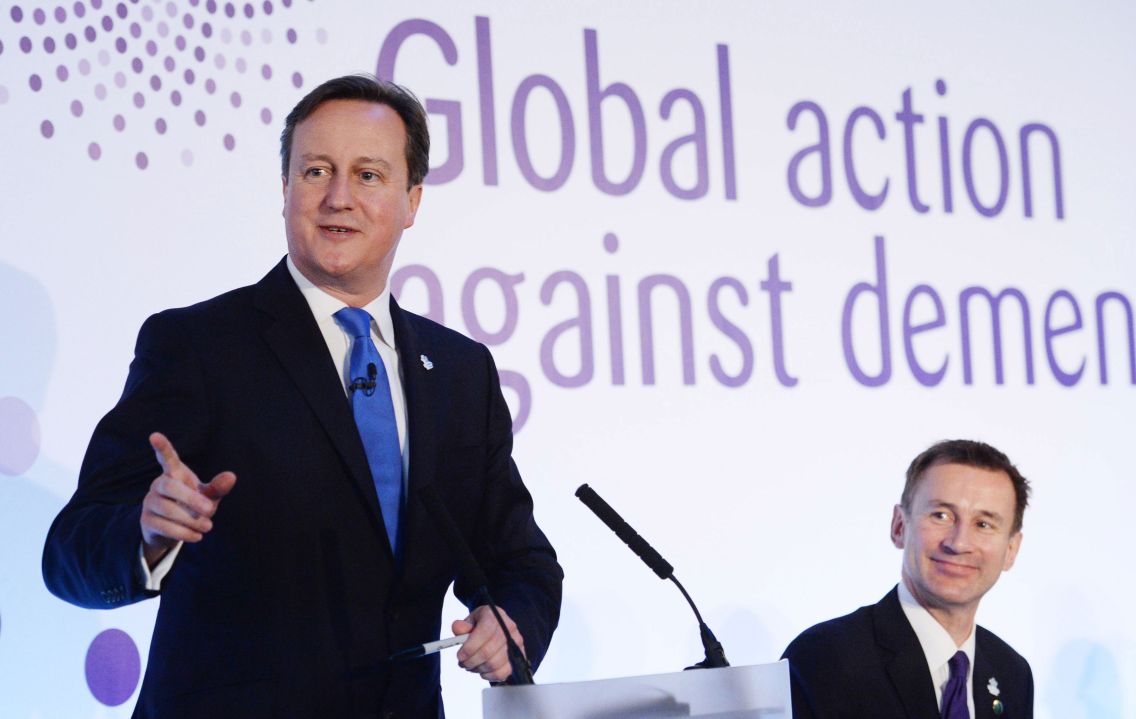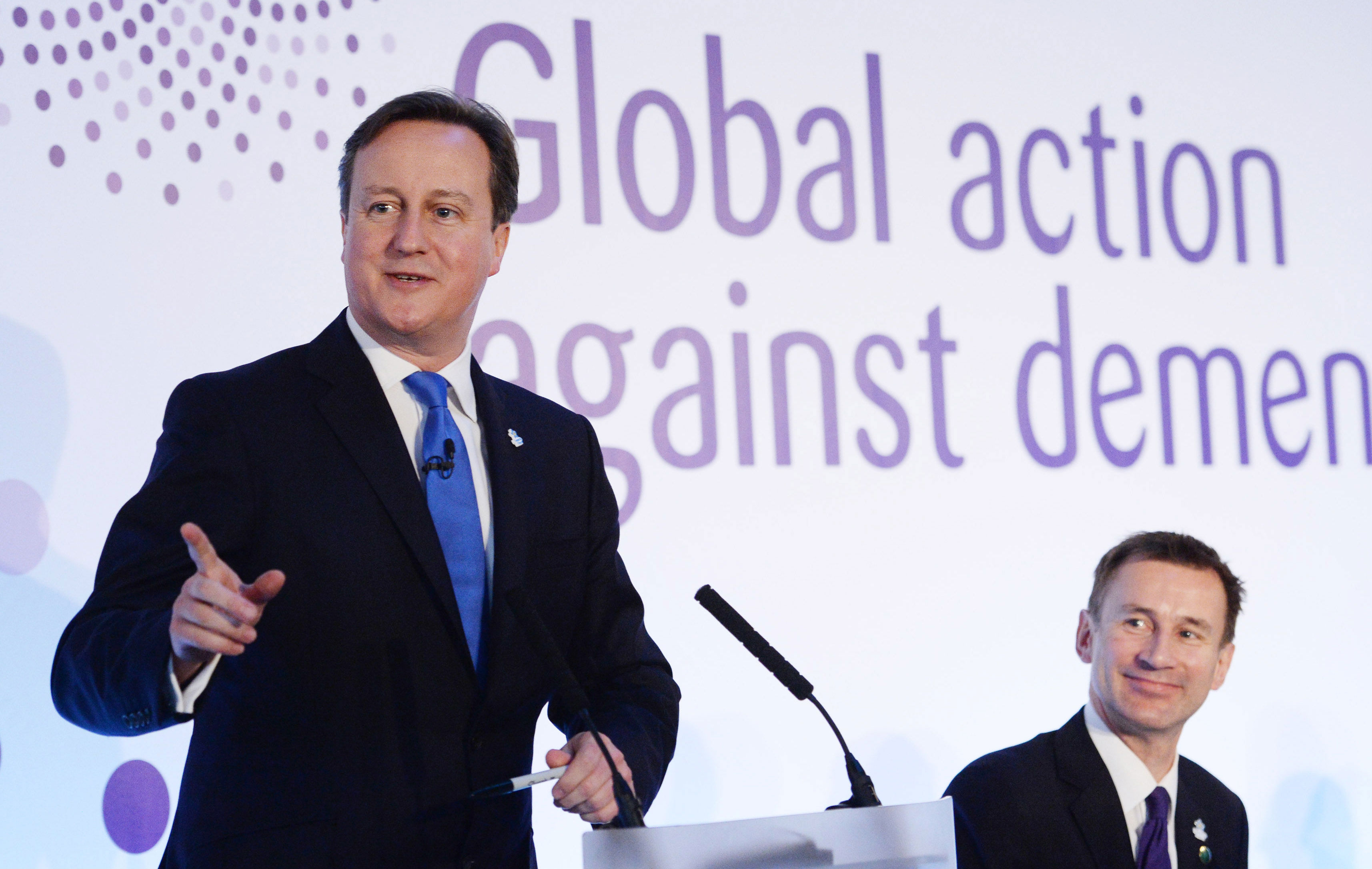Remember this time last year, when Jeremy Hunt decried the ‘national shame’ of neglected old people suffering from undiagnosed dementia? The health secretary lamented that fewer than half of dementia cases are ever diagnosed, and promised ‘to make a big change.’
His initiative got rave reviews at the time. Now that the details are in, not so much. ‘A bounty on the head of certain patients’ is how the head of the Patients Association characterised NHS England’s new scheme, to pay doctors £55 per patient whom they diagnose with dementia.
The so-called ‘Dementia Identification Scheme‘ began on October 1 and runs through March 31. It is, per the NHS document, ‘designed to reward GP practices for undertaking a proactive approach’. It does not require that patients be sent to a specialist for the diagnosis, if their case is ‘straightforward’, and specifies that ‘brain scanning [is] not always needed’.
The scheme seems likely to achieve Hunt’s original goal of upping the rate of dementia diagnoses. Whether that will actually help the patients in question remains to be seen.
While the document does specify that diagnoses of dementia must be differentiated from depression, delirium, drug effects or normal ageing processes (all of which can mimic the symptoms of dementia) it makes no mention of other diseases that are commonly misdiagnosed as dementia. Normal-pressure hydrocephalus, for instance, is a treatable condition that often looks like untreatable dementia or Alzheimer’s disease. An article in the New York Times this week expounded on the list of conditions that can be mistaken for dementia, including anxiety, thyroid deficiency or a lack of the vitamins B1 and B12.
In his comments last year, Hunt lamented the ‘stigma’ surrounding dementia, and said he wanted people to be ‘as open about dementia as they are now about cancer.’ That’s a nice idea. In practice, though, people tend to be open with doctors they trust. The NHS’s latest scheme risks eroding that crucial trust between patients and doctors.







Comments